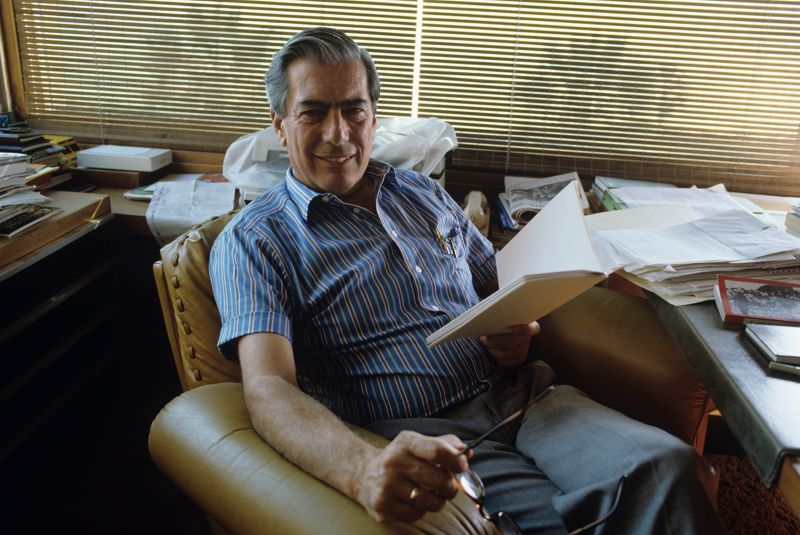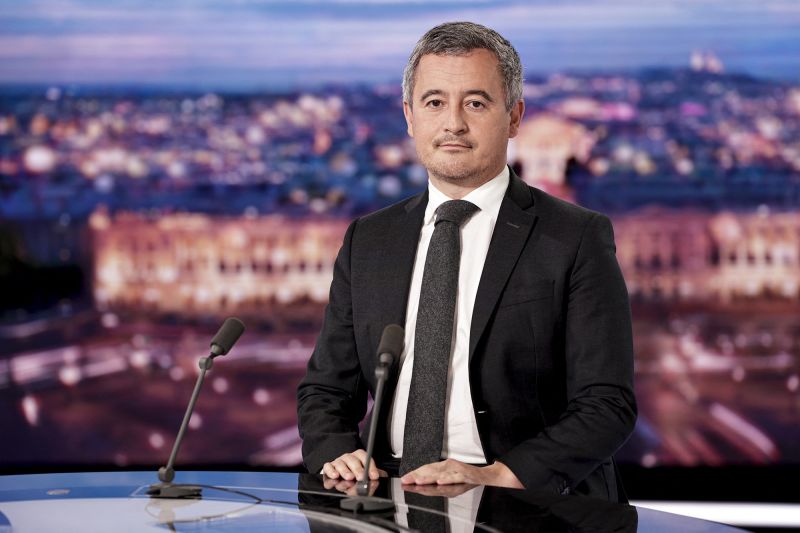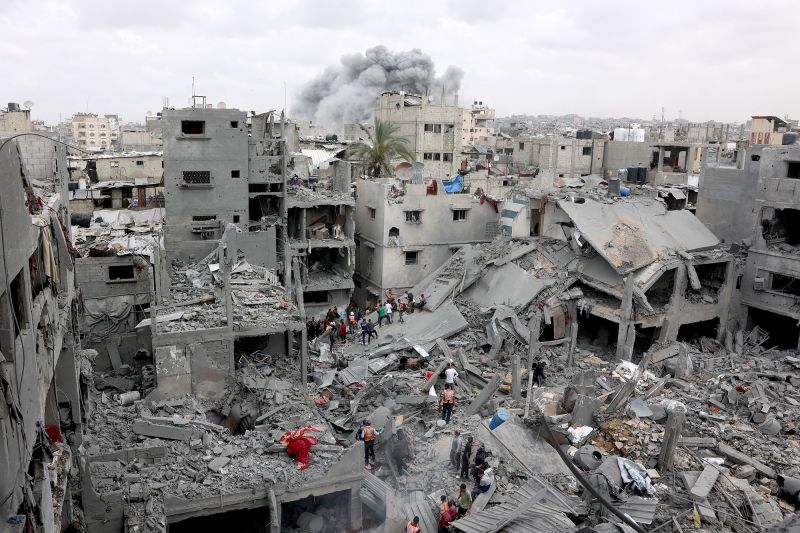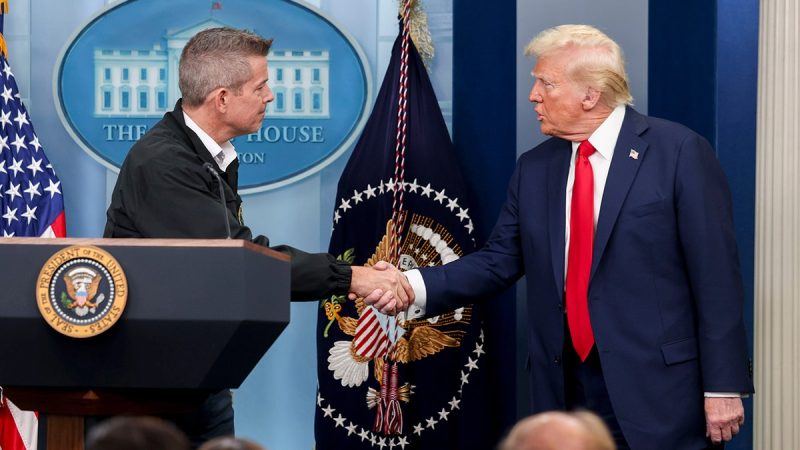Mario Vargas Llosa, Nobel Prize-winning author, dies at 89

Mario Vargas Llosa, the Peruvian-Spanish Nobel Prize-winning author whose work focused on the evils of totalitarianism and who once ran for president, has died at age 89, according to his family.
“It is with deep sorrow that we announce that our father, Mario Vargas LLosa, passed away peacefully in Lima today, surrounded by his family,” said a family statement shared by his son Álvaro Vargas Llosa on X on Sunday.
Vargas Llosa will be best remembered for novels including “Conversation in the Cathedral” (1969), “The War of the End of the World” (1981), and “Aunt Julia and the Scriptwriter” (1977), which was adapted for the 1990 feature film “Tune in Tomorrow,” starring Barbara Hershey and Keanu Reeves.
In 2010, Vargas Llosa was awarded the Nobel Prize in Literature for what the Swedish academy called “his cartography of structures of power and his trenchant images of the individual’s resistance, revolt, and defeat.”
In their statement Sunday, the novelist’s three children said Vargas Llosa’s “departure will sadden his relatives, his friends and his readers around the world.”
“But we hope that they will find comfort, as we do, in the fact that he enjoyed a long, adventurous and fruitful life, and leaves behind him a body of work that will outlive him,” they said.
Vargas Llosa will be farewelled by his family and close friends at a private event, the statement added.
Born in Arequipa, southern Peru, Vargas Llosa spent his early years in Cochabamba, Bolivia, where his grandfather was the Peruvian consul, before attending a military school and the National University of San Marcos in the Peruvian capital Lima.
By 1952 he had published his first work, a play called “La guide del Inca,” and he soon became a regular contributor to the Peruvian literary press.
Vargas Llosa worked as a journalist and broadcaster, and attended the University of Madrid before moving to Paris.
In 1963 he published his first novel, “La ciudad y los perros” – known in English as “The Time of the Hero” – to wide acclaim. It was eventually translated into more than a dozen languages. It was followed by novels including “The Green House” (1966) and “Captain Pantoja and the Special Service” (1973).
After stints in London, where he lectured at King’s College; the United States, where he spent a year as writer in residence at Washington State University; and Barcelona, he moved back to Lima in 1974. A translated collection of his essays was published in English in 1978.
In 1990, Vargas Llosa ran for president of Peru, on a platform of what he called classical liberalism – a belief in individual initiative, free from interference by the state.
After losing the election to outsider candidate Alberto Fujimori in a second-round landslide, he moved to Spain, becoming a Spanish citizen in 1993. He won the Cervantes Prize, a prestigious Spanish literary award, a year later.
Later novels included “The Feast of the Goat” in 2000 and “The Bad Girl” in 2006.
When Vargas Llosa was awarded the Nobel Prize in 2010, he told the organizers in an interview that he had been inspired by French writer Gustave Flaubert, “because he managed, not being a born genius, to build his genius through effort, commitment, perseverance, discipline.”
Vargas Llosa also revealed how he believed that literature and politics were linked.
“I am convinced that, for example, democratic culture, culture based on freedom, on respect of human rights, was something that was possible because we had people that were sensibilized by art, by literature, by culture in general, about the sufferance, the injustices, the inequalities, the abuses who were so extended in real life,” he said.
“So, I think literature is pleasure but it’s also a very important instrument to move forward in life.”
This story has been updated with additional information.





